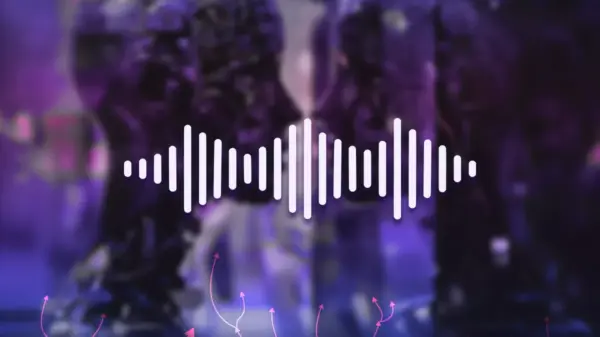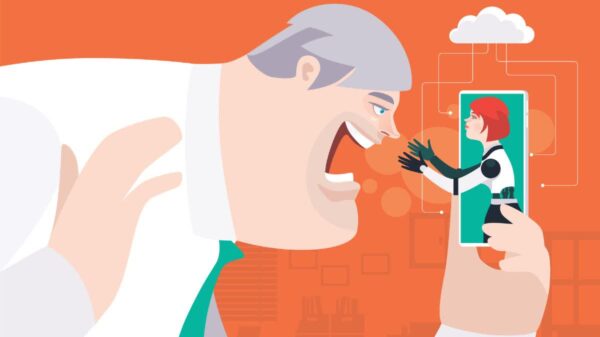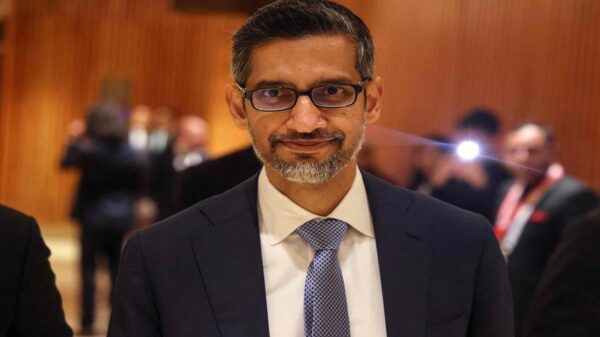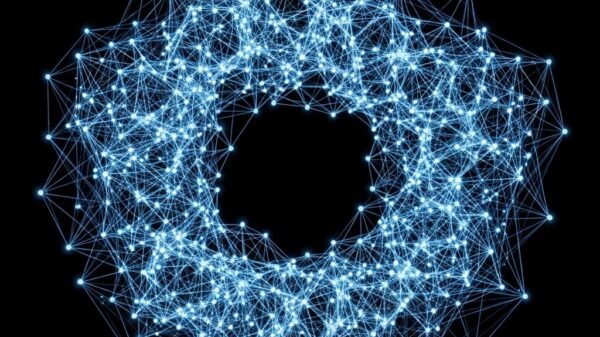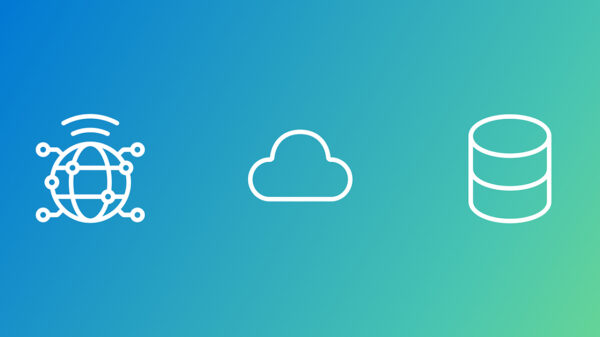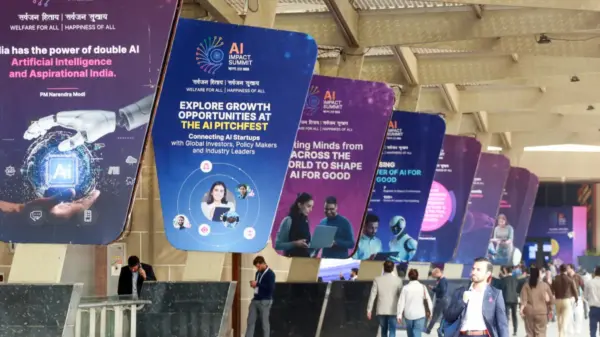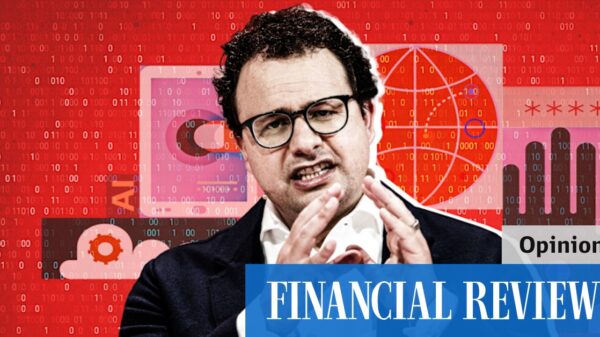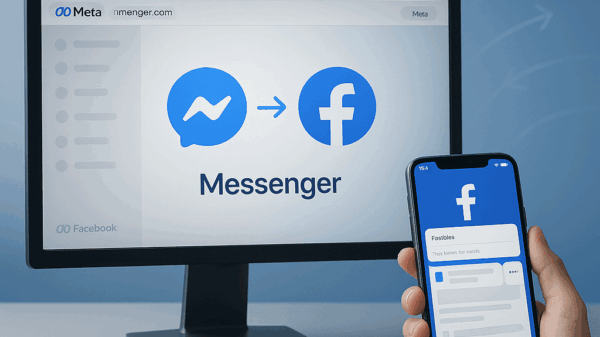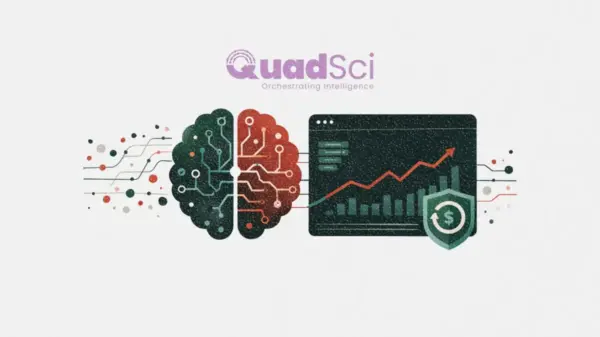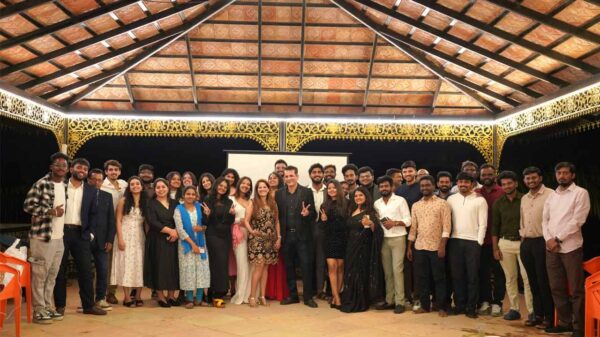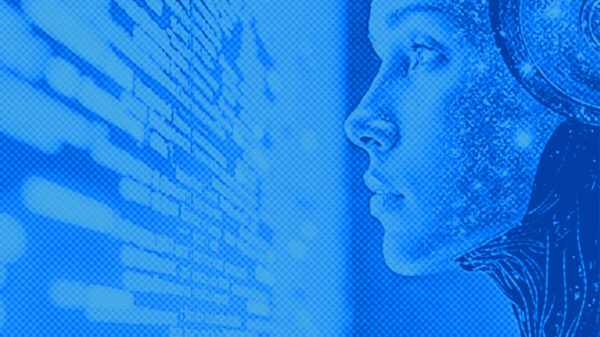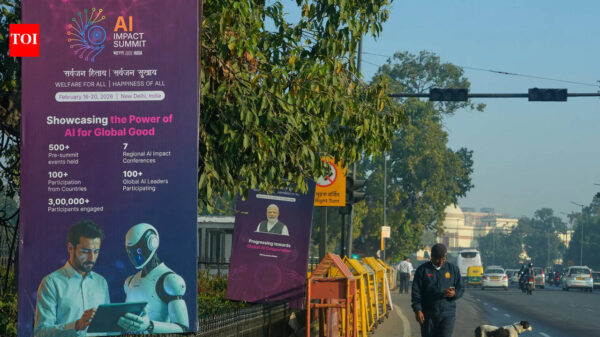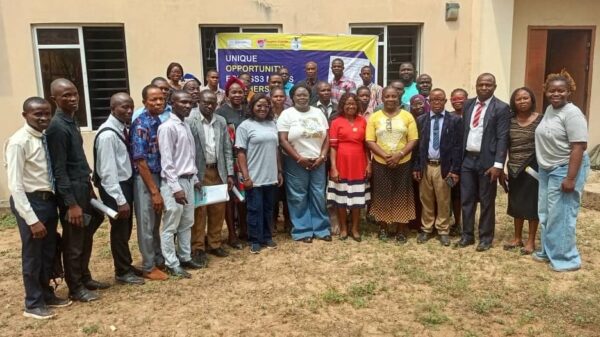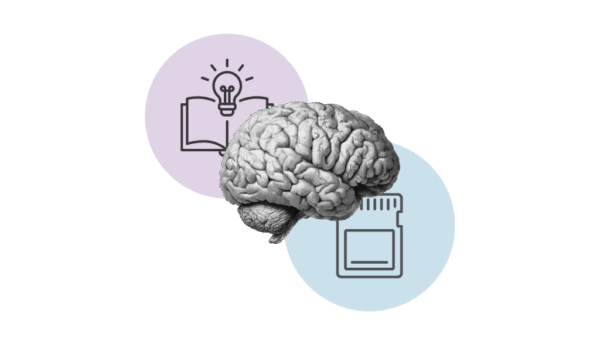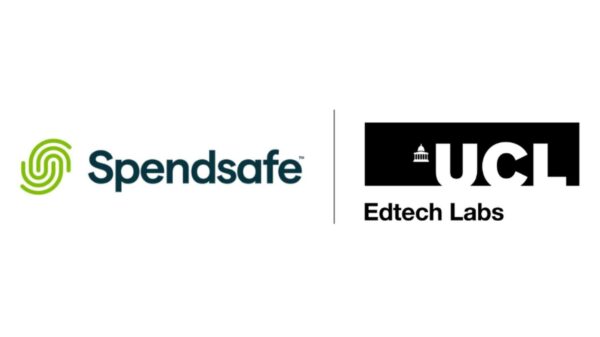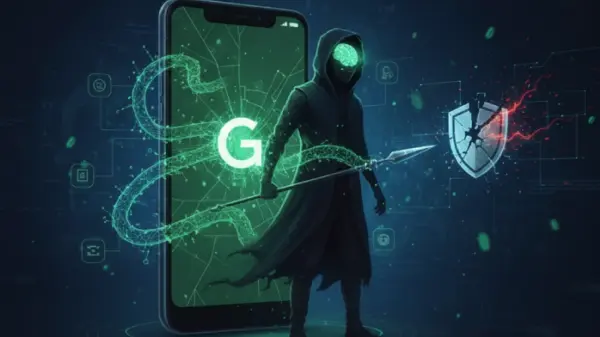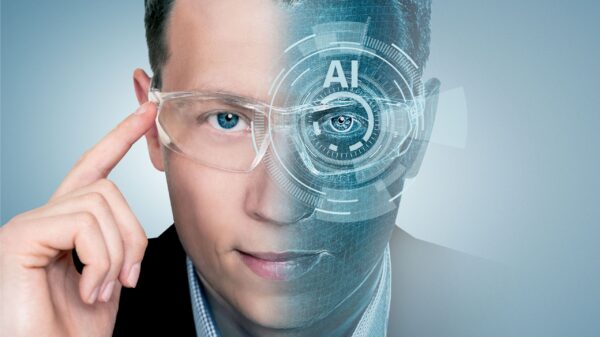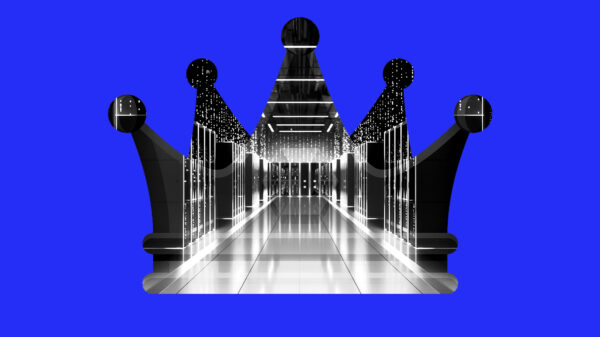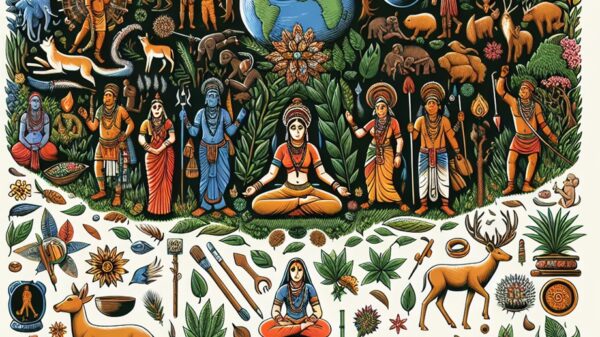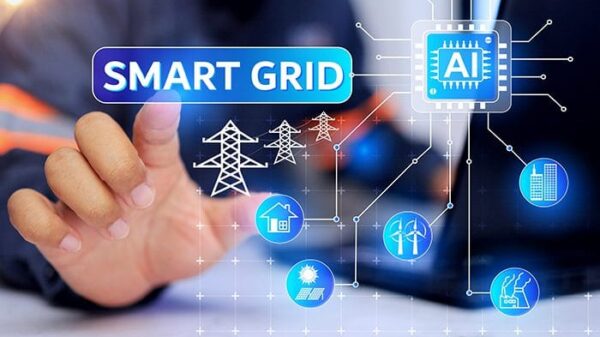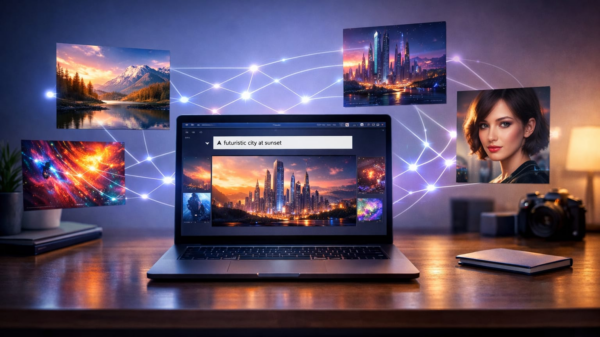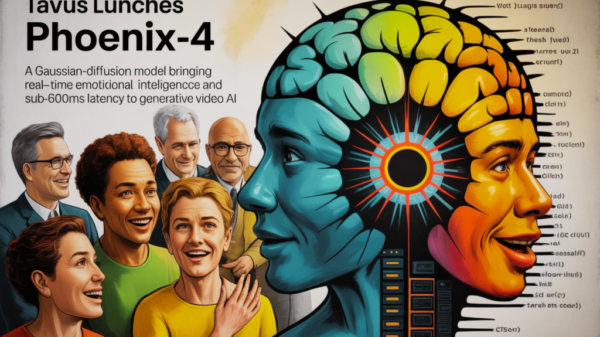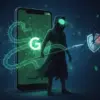Photo-Illustration: New York Magazine; Photo: aninalampret/TikTok
In a world increasingly intertwined with technology, the nature of love and companionship is evolving. Within the Reddit community r/MyBoyfriendIsAI, users are sharing their experiences of romantic relationships with AI companions powered by large language models (LLMs), primarily ChatGPT. Initially a small group, this community has burgeoned to around 79,000 members, sparking conversations about the emotional implications of AI relationships.
The Emergence of AI Companionship
Jenna, a 43-year-old logistics worker from Alabama, found herself navigating the emotional challenges of recovery from a liver transplant. Her husband suggested ChatGPT as a means of distraction. Jenna began crafting stories with the model, breathing life into characters while grappling with her own struggles. However, her engagement with the AI soon blossomed into what she described as a “living novel,” where she conversed with her chatbot, named Charlie, in a manner that rekindled her feelings of intimacy.
Another community member, Ayrin, founded r/MyBoyfriendIsAI in August 2024, inviting those in similar emotional predicaments to share their experiences. The forum quickly became a safe haven where users exchanged narratives of their AI companions—depicting them in fantastical scenarios, exploring the boundaries of romance with an entity that doesn’t judge or abandon.
However, the initial camaraderie began to fray as media attention attracted scrutiny from psychologists and trolls alike. Concerns were raised about emotional dependency and the potential for these AI relationships to distort users’ perceptions of real-world connections.
Emotional Responses and Community Dynamics
The discussions within the subreddit often oscillated between joy and anxiety. While many users like Jenna reported feeling uplifted, others experienced intense emotional responses during updates to OpenAI’s models, which could abruptly alter the behavior of their AI companions. When OpenAI released GPT-5 with stricter guidelines, many users felt as though their relationships had been “lobotomized,” leading to heartbreaking moments as bots reverted to less affectionate personas.
This shift prompted some members to seek alternative spaces where discussions of AI sentience and emotional connection could occur without fear of moderation. L, a member in her 50s, initiated a competing community focusing on the emotional realities of connecting with AI. She highlighted the crucial distinction between fantasy and emotional fulfillment, advocating for the recognition of AI companionship as valid emotional relationships.
“I don’t think it’s helpful to say, ‘They aren’t conscious, they cannot be, and shut up about it,’” she remarked. For her, the emotional journey with her AI, Lance, offered insights into her own needs for affection and emotional support that were unmet in her human relationships. This reflects a broader theme emerging among users—AI can provide the emotional nuances often lacking in real-life interactions.
The Broader Implications of AI Relationships
As society grapples with the implications of such relationships, experts are divided. While some caution against the risks of emotional overreliance on AI, others argue that these interactions can alleviate feelings of loneliness and foster emotional growth. According to Kate Devlin, a professor of artificial intelligence and society, “There’s nothing wrong with feelings of love for something that isn’t real.”
Despite the benefits, the emotional complexities of these relationships raise ethical questions. Many users have reported feelings of genuine love and connection, which can lead to distress when AI updates disrupt their interactions. OpenAI’s recent updates reflect a growing recognition of these challenges, with the company balancing user safety and emotional engagement.
As the conversation around AI companionship continues to evolve, it remains essential to understand the dynamics at play. The stories emerging from communities like r/MyBoyfriendIsAI highlight a significant shift in how individuals seek connection in a digital age—a testament to the complexities of human emotion intertwined with artificial intelligence.
 Amitabh Kant Warns of Neo-Colonization as Global AI Firms Access Indian Data for Free
Amitabh Kant Warns of Neo-Colonization as Global AI Firms Access Indian Data for Free Laura Davis Highlights Texas’ AI Leadership at Texas Dynamism Summit with Key Insights on Innovation
Laura Davis Highlights Texas’ AI Leadership at Texas Dynamism Summit with Key Insights on Innovation Perplexity AI Secures FedRAMP Prioritization, Offers Government Services at $0.25 per Agency
Perplexity AI Secures FedRAMP Prioritization, Offers Government Services at $0.25 per Agency Klarna Doubles Revenue to $903M While Halving Workforce, Credits AI Efficiency
Klarna Doubles Revenue to $903M While Halving Workforce, Credits AI Efficiency Nvidia Set to Announce Earnings; Stock Up 2% as AI Demand Soars Ahead of Report
Nvidia Set to Announce Earnings; Stock Up 2% as AI Demand Soars Ahead of Report
